- Narayan Prasad Ghimire
Since the assumption of office to his addresses in the parliament meetings and directions he gave to the ministers and secretaries, one of the agendas Prime Minister Pushpa Kamal Dahal 'Prachanda' has stressed is good governance. It is indeed admirable, but how the State apparatuses follow his diktat and enforce the measures to ensure good governance is worth noting.
Every government upon its formation emphasizes the control and elimination of corruption, a serious hindrance to Nepal's development. Bad governance is one of the reasons behind gross public distrust on government agencies.
At a time when PM Dahal underscored control of corruption, the effort the government made to categorize information drew flak. Once the information was revealed ten days back that a high level government committee led by Chief Secretary Shankar Das Bairagi categorized information and wrote to all government agencies, including the National Information Commission, to follow the categorization, it created a furor. It took the civil society organizations, right to information (RTI) activists and campaigners, good governance advocates and media persons by surprise. They were agitated, and held a series of meetings, finally making Chief Secretary Bairagi halt further process on it.
It was appalling that though the country is a democratic one, the efforts made to categorize information went otherwise.
It was evident that the Chief Secretary-led committee took advantage of the transitional situation- the previous government led by Nepali Congress President Sher Bahadur Deuba was outgoing and the new one led by Maoist Centre's Chairman Dahal was coming to helm. In this very transition, the committee categorized 87 types of information, showing the attitude of bureaucracy towards the good governance and RTI.I t was a serious blow to the RTI regime, and had capacity to fuel and entrench the culture of secrecy in Nepali bureaucracy and entire governance.
It was appalling that though the country is a democratic one, the efforts made to categorize information went otherwise. As per categorization, the public bodies are asked to keep secret numerous information that include- discussion agenda among the high level officials, issues under consideration and waiting final decision, subjects relating to the answers furnished by the concerned ministries in response to the queries raised in the parliament and parliament committees, reports on suspicious transaction, revenue leakage, and tax evasion, and the issues on their monitoring, facts and details on monitoring and investigation of incidents of human rights violations, property details of public officials, issues of agreement/contract on big projects before finalization, reports of the commission, committees and taskforces on investigation, study/research etc.
Once the categorization was implemented, it would undoubtedly ruin investigative reporting and journalism. Similarly, the enforcement of RTI which is a fundamental right enshrined by the Constitution will be obstructed and citizens deprived of their rights. Serious study can reveal which factors/elements were behind forcing government to categorize the information, thereby dampening citizen's fundamental rights. However, it is not difficult to understand that those who were upset by the transparency, accountability and rule of law must have encouraged for such attempt. As per the news, even the Prime Minister was not informed about the categorization of information. It was learnt that PM Dahal however quickly and actively took interest and showed concern, thereby addressing the stakeholders' demand to scrap the information categorization.
Now, as the PM stresses good governance in his address and direction on the one hand and the move for secrecy continues on the other, it is sheer contradiction.
In the discussion with stakeholders, the Chief Secretary was learnt to have defended the move, saying it was brought with serious homework and public offices were hassles with information seeking unnecessarily. He, however, vowed to stop the process thereafter.
Now, as the PM stresses good governance in his address and direction on the one hand and the move for secrecy continues on the other, it is sheer contradiction. The PM should take confidence of the bureaucracy and learn why such attempts are made time and again to defame the government. Earlier, the attempt of information categorization was made when Dr Baburam Bhattarai was the prime minister. It was however scrapped by the court later.
Democratic system can not thrive in the absence of good governance. So, the measures to deepen culture of secrecy must be foiled on time. The campaigns made to bring the RTI Act in Nepal and the achievements with its enforcement have significant contribution to minimize corruption, and make public agencies accountable and responsive. Therefore, frustrating the efforts that assaulted RTI regime with information categorization was a welcome deed for now.

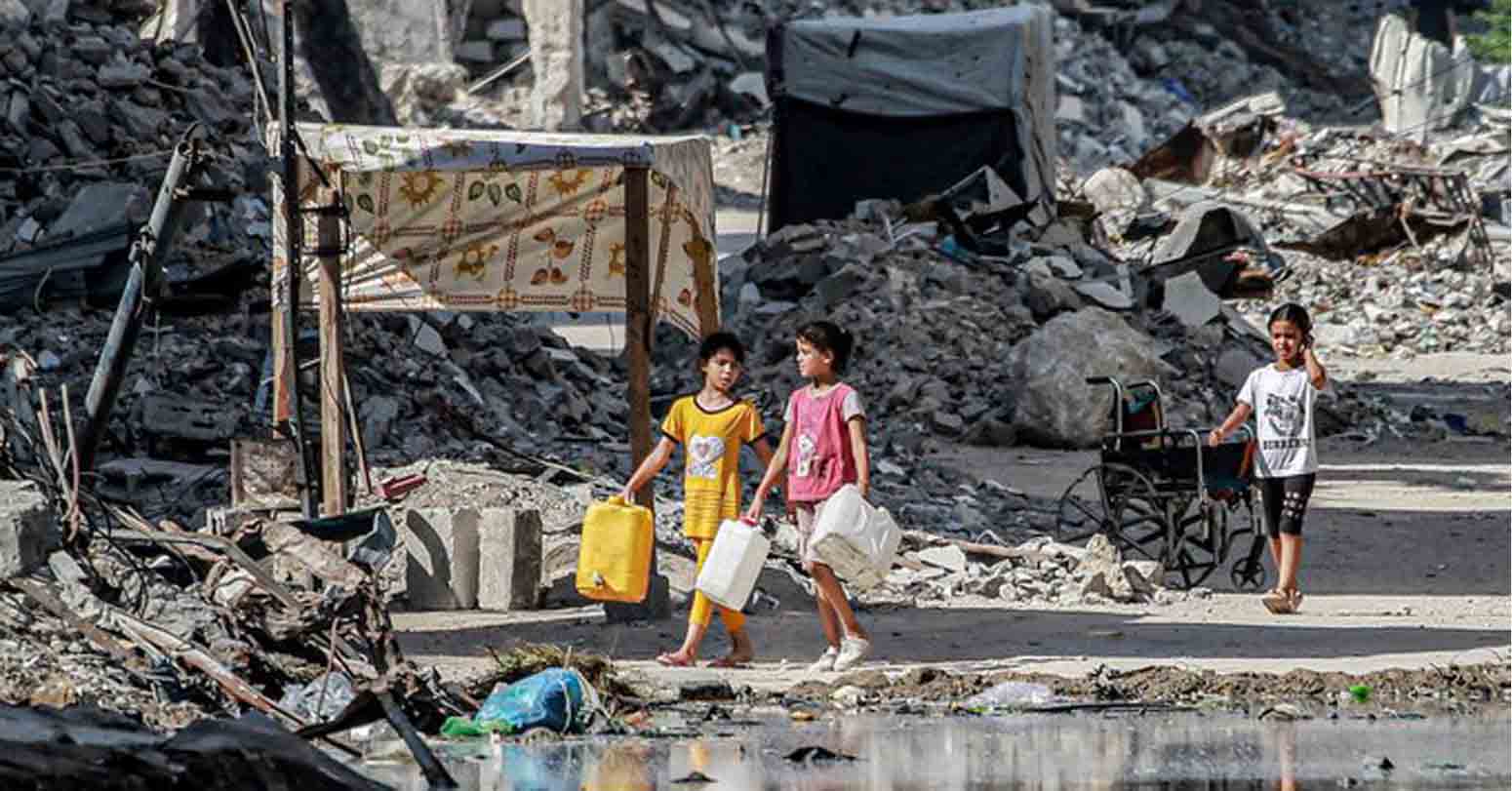


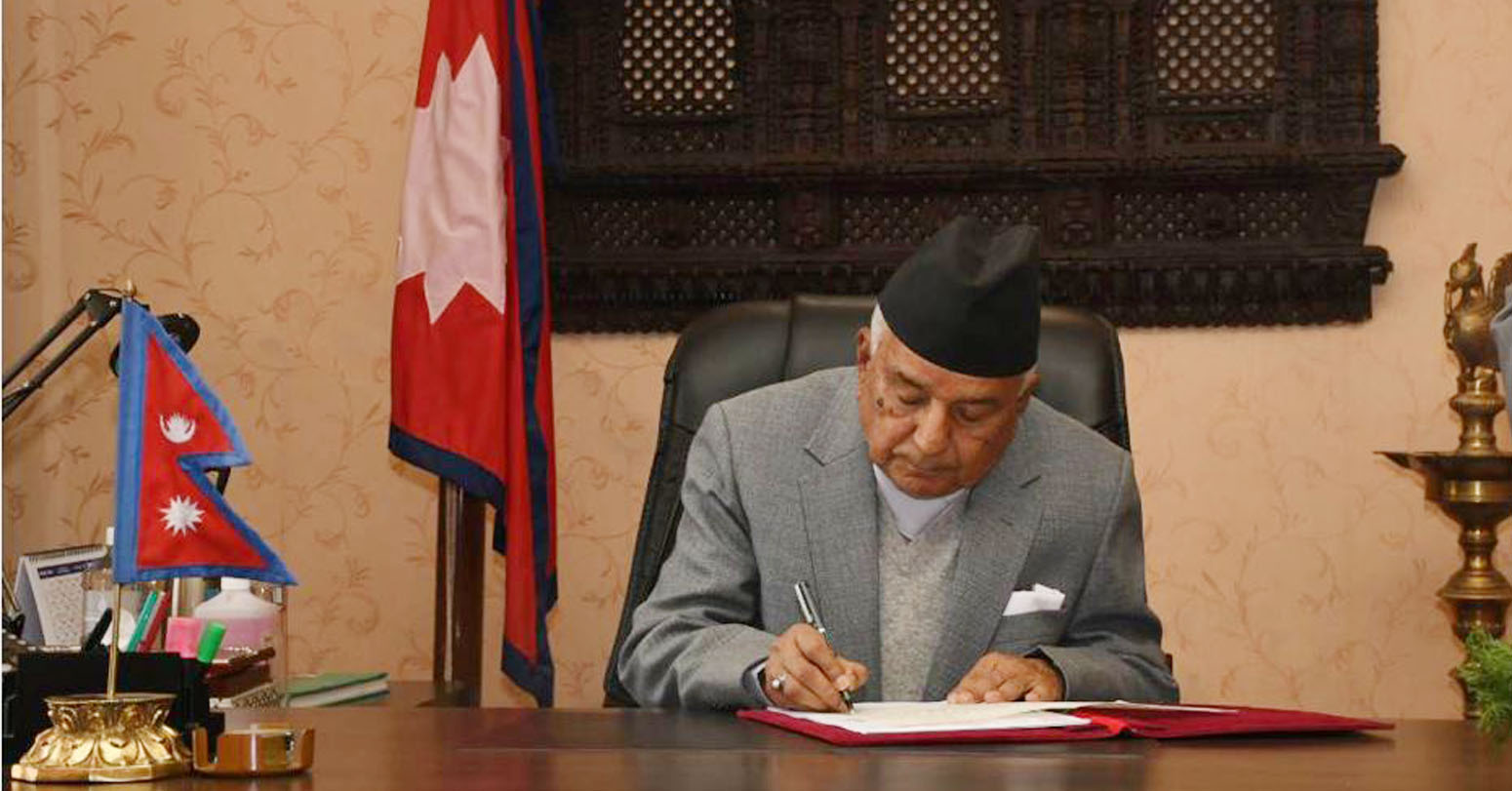
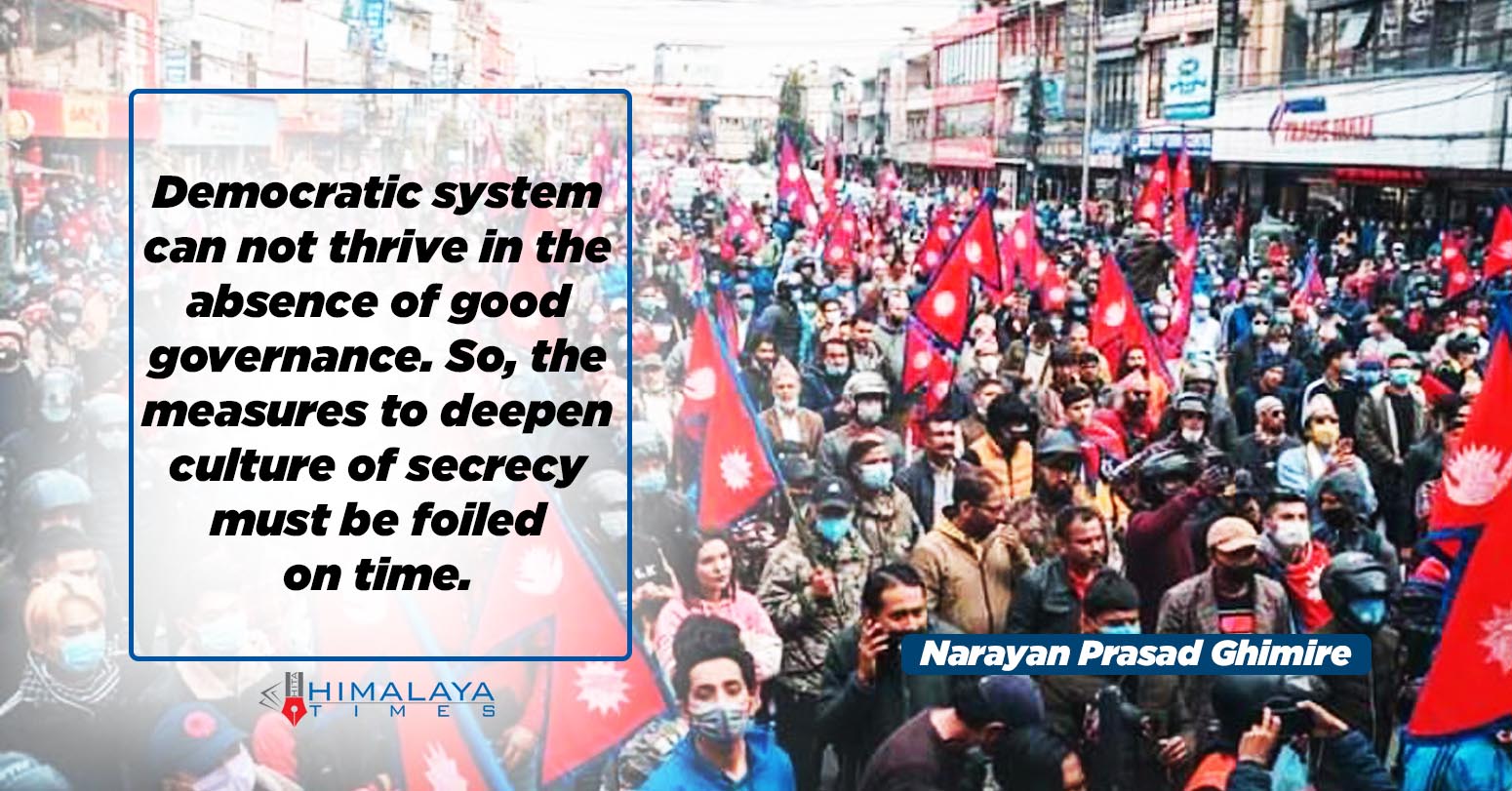

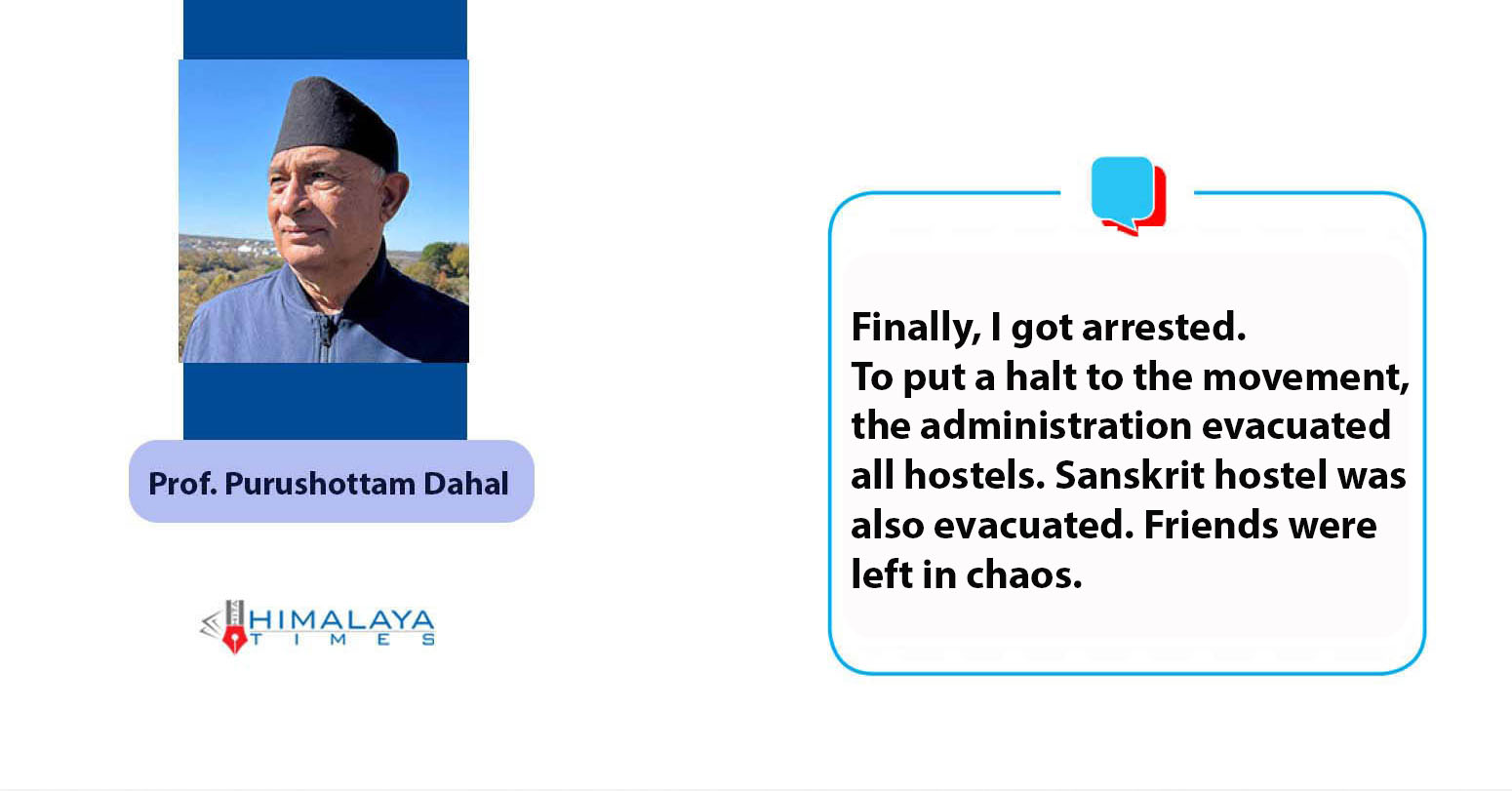
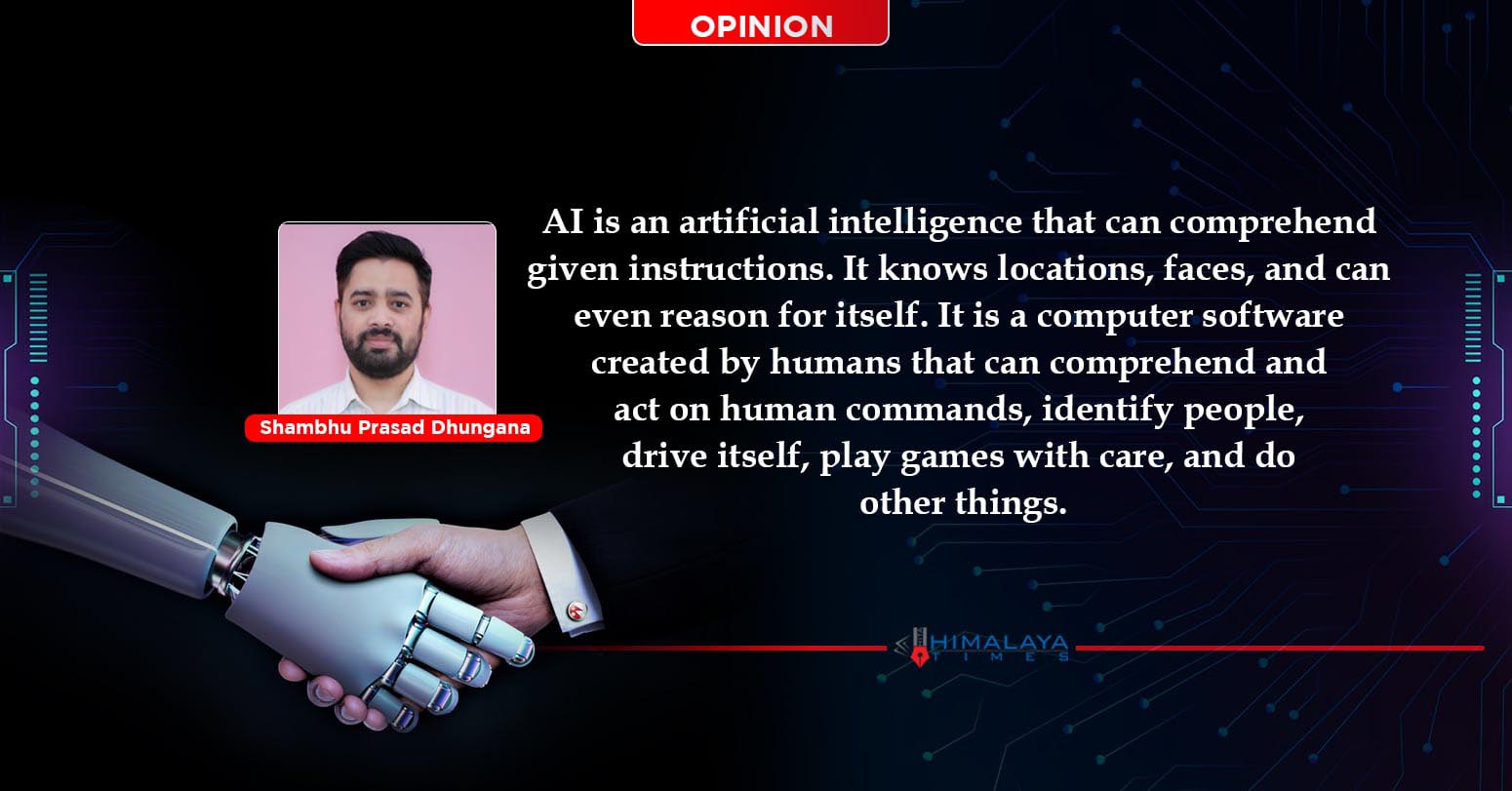
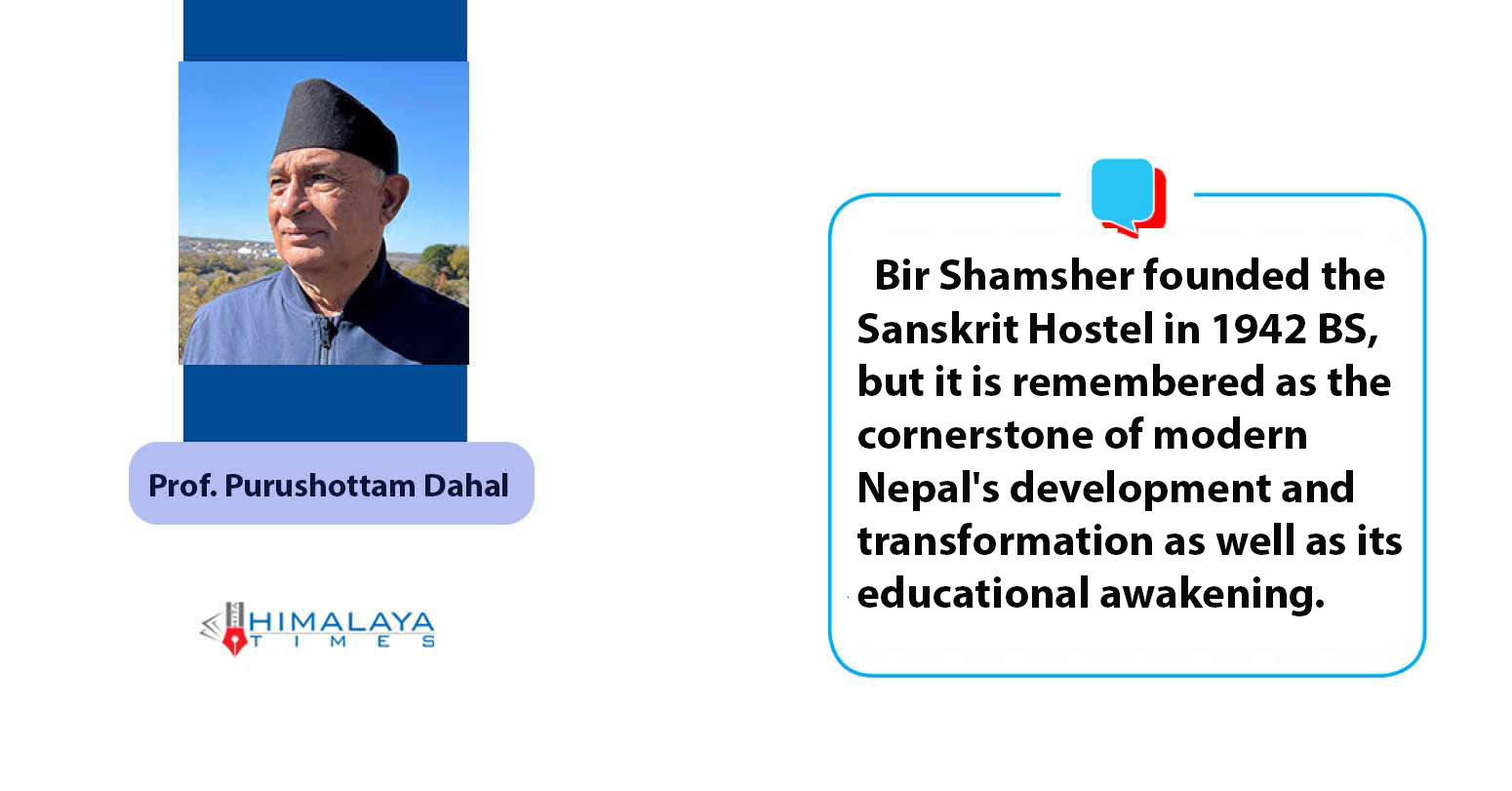
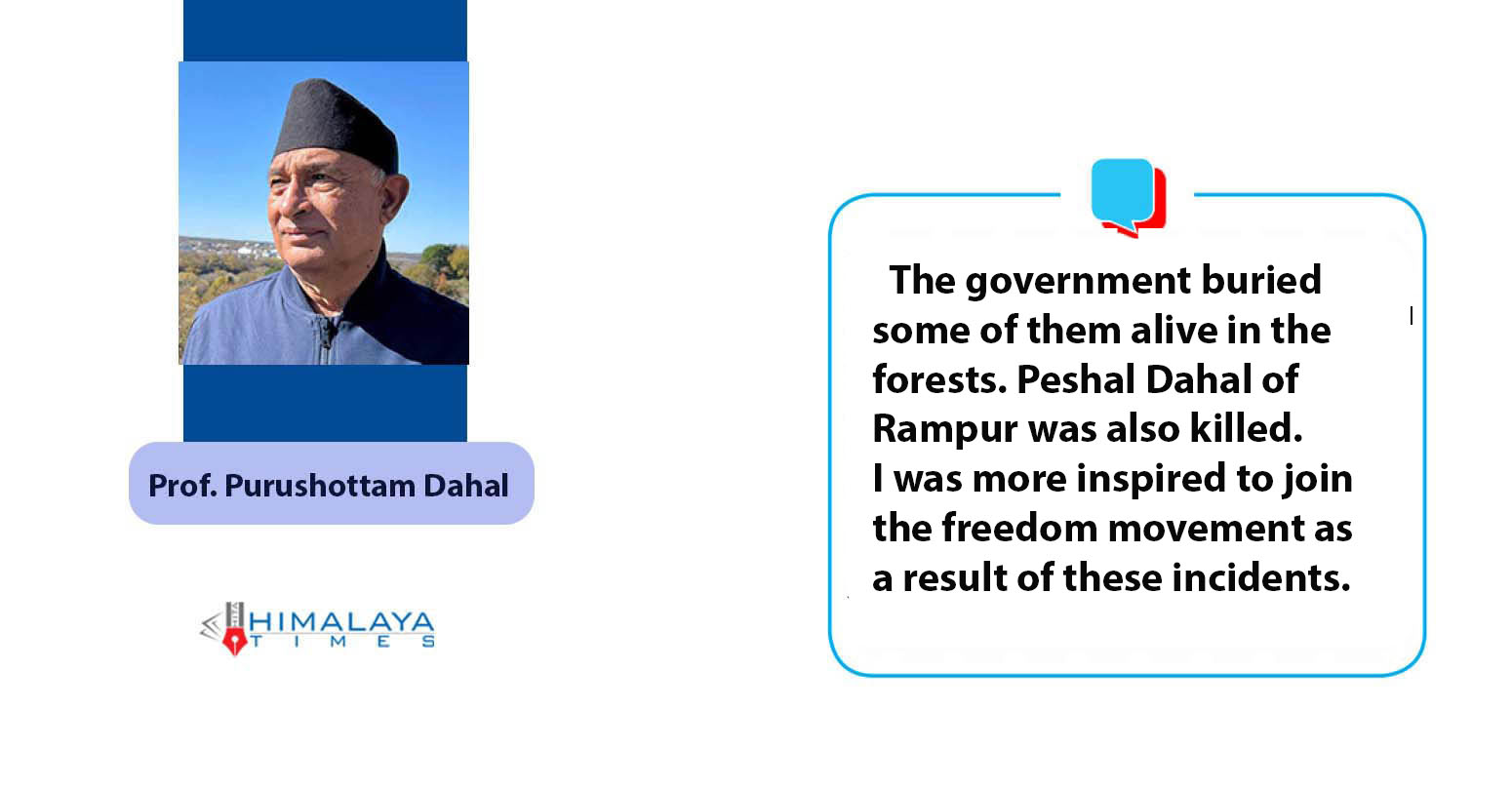
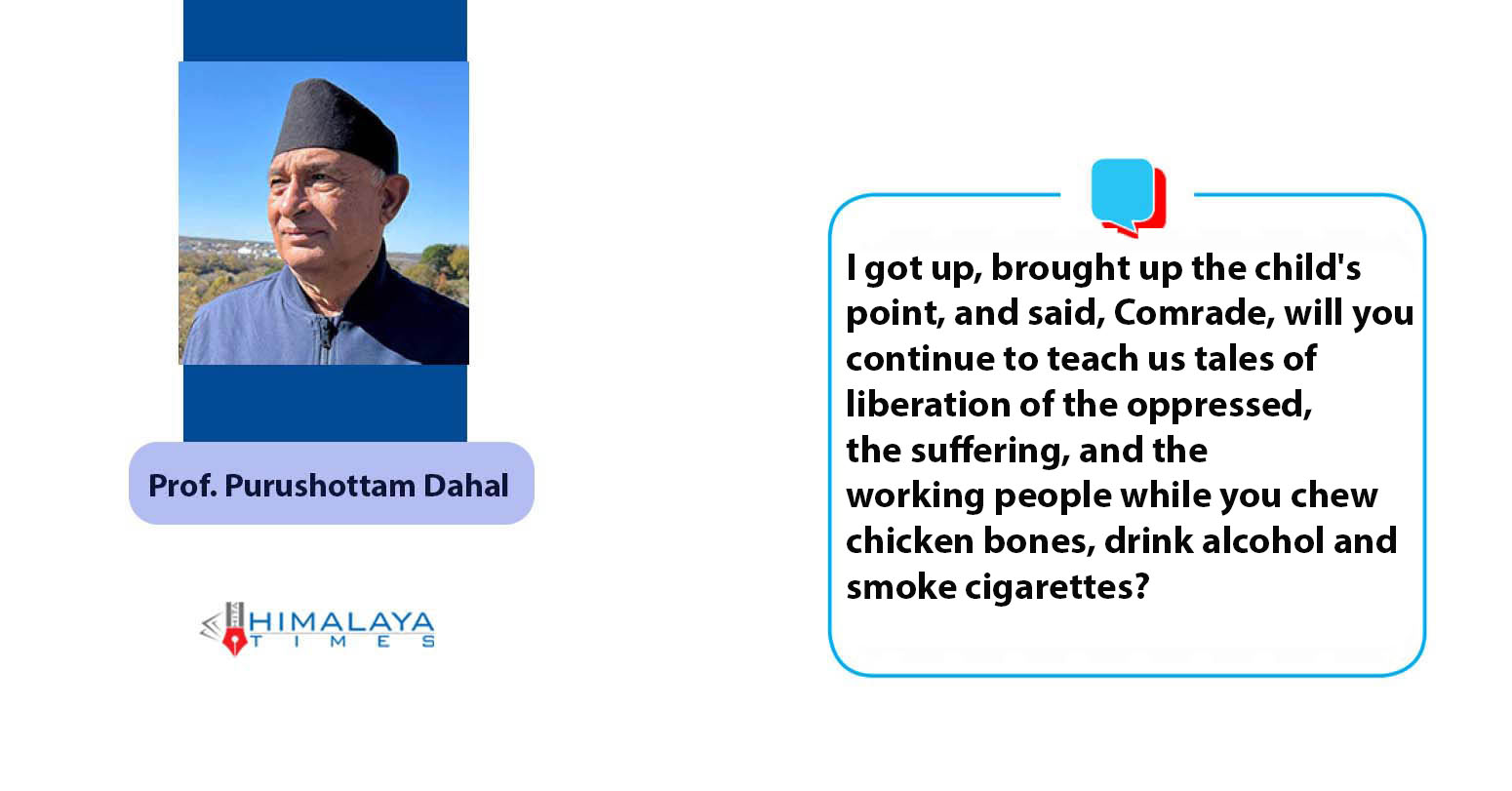






Comprehensive Data Protection Law Critically
Gender Differences In Mental Healthcare
Messi Wins Best FIFA Men’s
Erosion of Democracy
Fly Dubai Catches Fire in
“Complexities of the South Asian